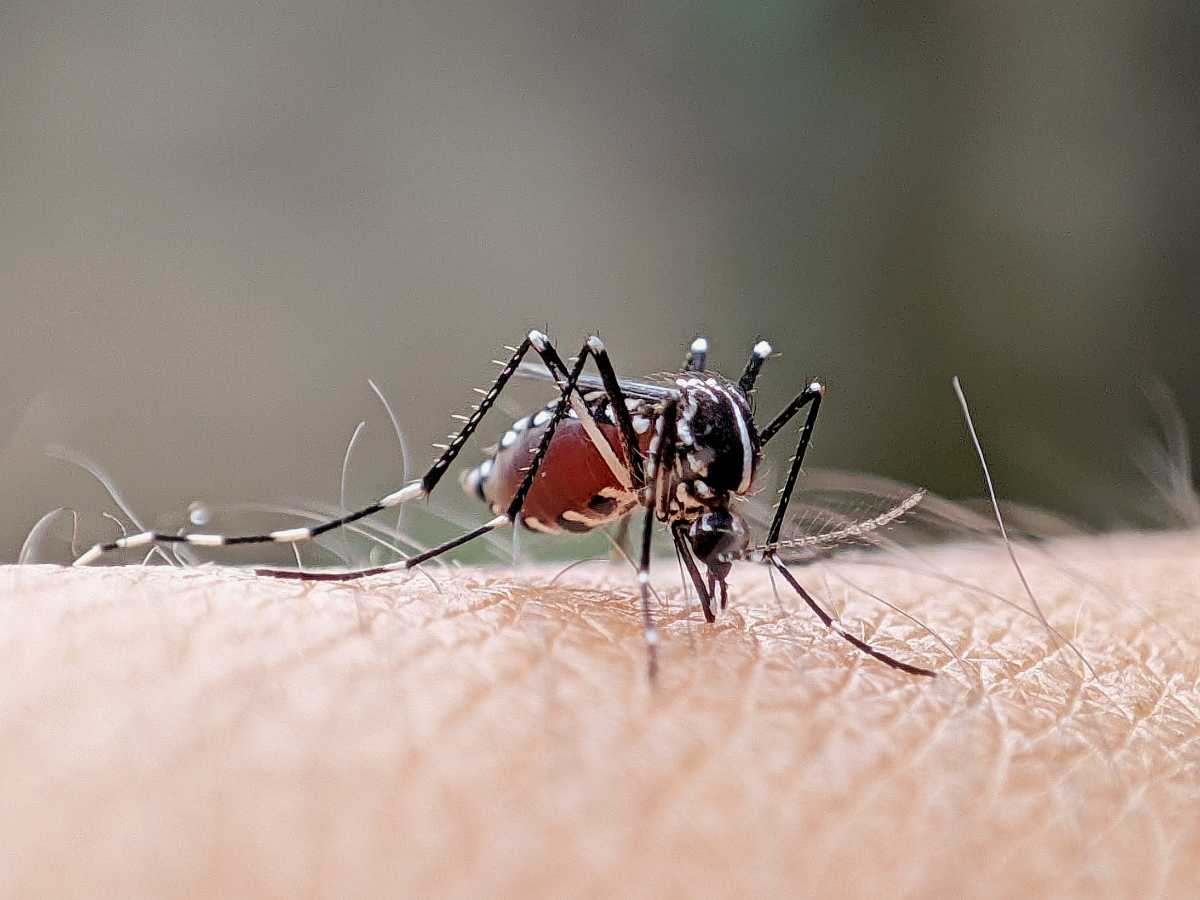The New York City Department of Health and Mental Hygiene announced it will be spraying pesticides in an effort to eliminate more mosquitoes and reduce the risk of people catching the West Nile virus on Monday, Aug. 11, across several parts of Queens.
Trucks will be spraying the pesticides between 8:30 p.m. and 6 a.m. the following morning in parts of Brookville, Jamaica, Laurelton, Locust Manor, Rochdale, Rosedale, St. Albans, South Jamaica and Springfield Gardens. In the event of bad weather, the spraying may be delayed to Tuesday, Aug. 12, from 8:30 p.m. to 6 a.m. the next day.
The health department will be spraying very low concentrations of Anvil, Duet or MERUS 3. While the risks of these pesticides being applied are low to people and pets, some who are sensitive to ingredients in the spray may experience rashes or short-term eye or throat irritation. Those with respiratory conditions may also suffer from this.
In order to avoid suffering from any of these ailments during the spraying process, the health department recommends people stay indoors. Windows should be kept closed to prevent the spray from traveling inside. Air-conditioners can remain turned on. While it is usually not necessary, people can close their air-conditioner vents or select the recirculate function.
In the hours and days following the spraying, those who may still end up being exposed to pesticides are recommended to wash their skin and clothes with soap and water. The health department recommends that fruits and vegetables always be washed with water before consumption.
Residents of the Queens neighborhoods where the spraying will occur, as well as throughout the entire borough, should be mindful of eliminating any standing water in or around their homes and disposing of any containers that can collect water. Standing water is a violation of the New York City Health Code, as mosquitoes prefer to lay eggs in it.
Some other measures the public can take to try and reduce exposure to mosquitoes include making sure their roof gutters are clean and draining properly, making sure windows have screens that do not contain tears or holes and using approved insect repellents that contain diethyltoluamide (DEET), picaridin or, for those over three years of age, oil of lemon eucalyptus. Insect repellent products that contain the active ingredient ethyl butylacetylaminopropionate, also known as IR3535, can also be useful.
It is also important that those with swimming pools, outdoor saunas and hot tubs make sure to keep them clean and chlorinated. Whenever they are not in use, they should either be emptied or covered. Water that collects in pool covers must also be drained.
To learn more about the West Nile virus and mosquito prevention, call 311 or visit nyc.gov.































